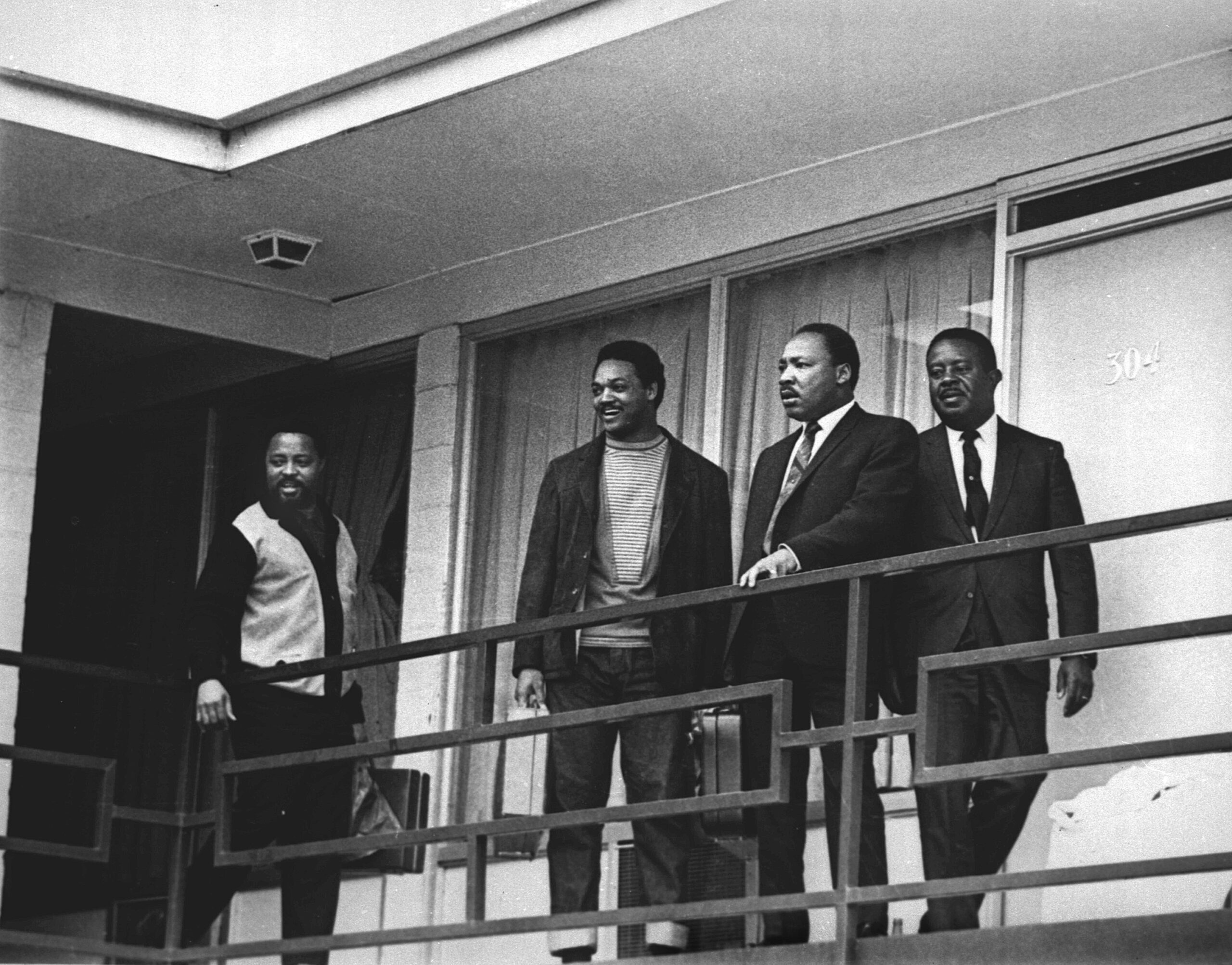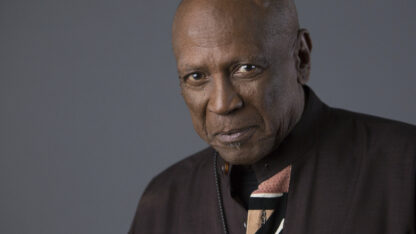It’s been 56 years since the assassination of Dr. Martin Luther King Jr. He was 39 years old when he was shot and killed at the Lorraine Motel in Memphis, TN, on April 4, 1968.
People across Georgia and the world are remembering the Baptist minister who worked tirelessly for social justice and civil rights.
Thursday’s special edition of “Closer Look” focused on the life and legacy of King, specifically his efforts to lead with courage and integrity to inspire others to be moral leaders.
First, we revisit Rose’s conversation with Dr. King’s attorney, Michael W. Cody. During the interview, Cody reflects on representing King in Memphis in 1968. Rose then talks with Dr. Robert Michael Franklin, Jr., an author, theologian, and Emory University’s James T. and Berta R. Laney Professor in Moral Leadership.
Dr. Franklin explains King’s approach to moral leadership and his commitment to nonviolence and social change. He also connects Dr. King’s 1967 speech, “What Is Your Blueprint,” to moral leadership and how all people can use courage to fight for justice and equity. Lastly, we hear an archival piece from Dr. Bernice King reflecting on losing her father.










